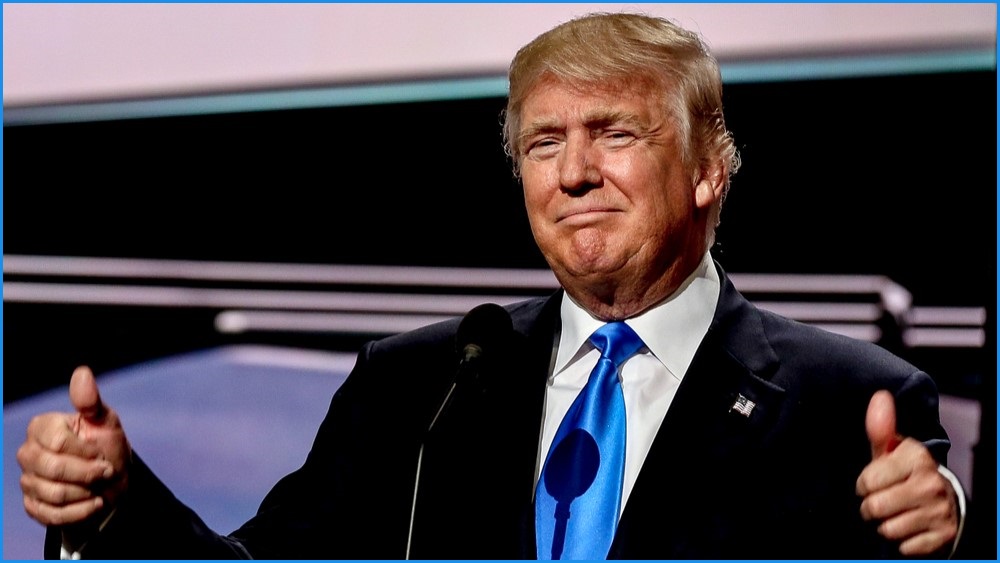Congress will this week vote on a bipartisan bill banning TikTok in the US, despite former president Donald Trump completely reversing his position and now opposing the ban.
The Select Committee on the Chinese Communist Party has produced the bill, which would remove TikTok from app stores in the US by 30 September unless Chinese firm ByteDance sells its stake in the social media platform.
The bill has the support of Republican and Democrat representatives, but is now opposed by Trump, despite him issuing an executive order in effect banning TikTok when he was president.
In an about-face, Trump has now said he opposed the bill to ban TikTok as it would make young users “go crazy” and give too much power to Facebook, which he branded an “enemy of the people”.
“The thing I don’t like is that without TikTok, you can make Facebook bigger, and I consider Facebook to be an enemy of the people, along with a lot of the media,” Trump said in an interview with CNBC.
“I think Facebook has been very dishonest. I think Facebook has been very bad for our country, especially when it comes to elections.”
Trump said that TikTok still posed a national security risk but that it was very popular among Americans.
“Frankly, there are a lot of people on TikTok that love it,” he said.
“There are a lot of young kids on TikTok who will go crazy without it.”
The full House is set to vote on the bill this week, and President Joe Biden has said he will sign it into law if it passes Congress.
If this happens, ByteDance will have about five months to separate from TikTok or it will be banned in the US.
Republican majority leader Steve Scalise has backed the TikTok ban.
“We must ensure the Chinese government cannot weaponise TikTok against American users and our government through data collection and propaganda,” Scalise said.
Trump’s reversal comes after he issued an executive order while president in August 2020 prohibiting anyone subject to US law from conducting transactions with TikTok owner ByteDance due to national security concerns.
A month later the tech company got a reprieve, with Trump giving his support to a deal between TikTok and Oracle which would see Oracle become the social media company’s “trusted tech partner” in the US and host its user data.
TikTok has also been in the crosshairs of Australian politicians, with concerns surrounding ByteDance being subject to China’s national security laws and its data handling practices.
In April last year, TikTok was banned from all public service devices, with the government saying that the app poses “significant protective security risks” to the Commonwealth.
The mandatory direction banned TikTok from any device issued by a Commonwealth department or agency.
Every other Five Eyes nation has enacted similar bans in their public services.
Later last year, the Select Committee on Foreign Interference Through Social Media handed down a report, recommending that social media companies such as TikTok be subject to a set of transparency requirements and disclose censorship and foreign interference activities.
If the companies do not do this, they would face being banned in Australia as a “last resort”.
During a hearing for this inquiry, a TikTok executive said that the company’s employees in China have access to Australian user data, but that it would reject a request by the Chinese government to access it.
The CEO of TikTok, Shou Zi Chew, was grilled at a Congressional hearing for five hours last year as he attempted to fight the impending ban.
The hearing focused on China’s potential influence over the app, TikTok’s data-handling practices and its plans to relocate US user data away from China.









